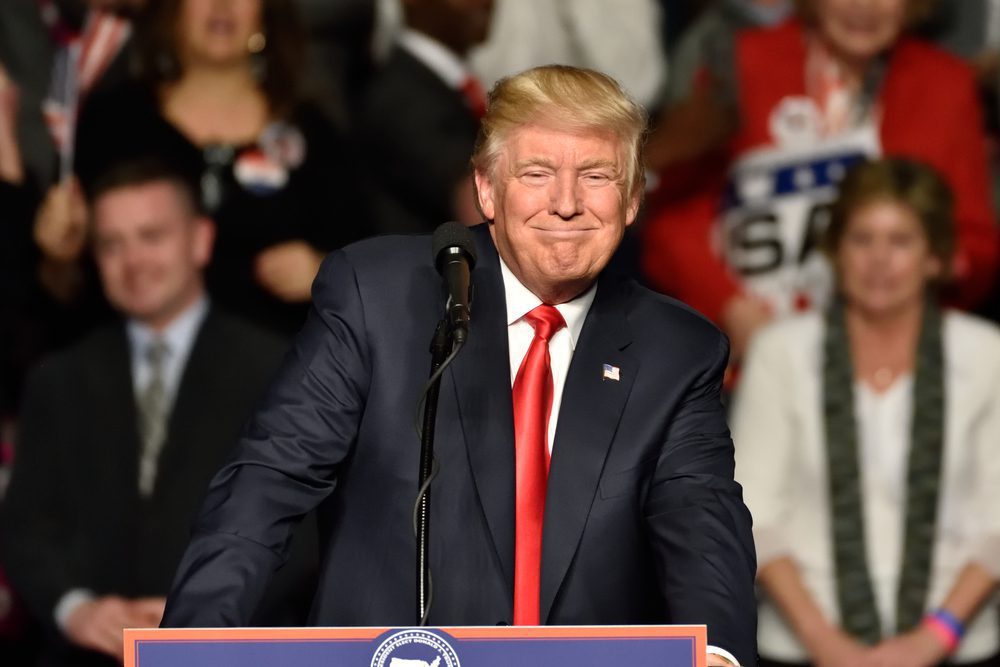Republican Sen. J.D. Vance sparked controversy during a Joe Rogan podcast appearance when he claimed Donald Trump appeals to what he called “normal gay guys,” drawing sharp criticism from LGBTQ advocates and political observers.
Vance, a potential vice presidential pick, shared an anecdote about a conservative gay friend while distinguishing between what he views as mainstream gay men and what he termed the “crazy” LGBTQ community. The Ohio senator specifically targeted nonbinary and transgender individuals, suggesting Trump could win support from gay men who “want to be left alone.”
The remarks prompted immediate backlash across social media platforms. Critics argued Vance’s characterization promotes harmful stereotypes and creates artificial divisions within the LGBTQ community.
“It’s code for straight-acting. Turns my stomach hearing this pig use such words,” wrote social media user KJC Media, reflecting widespread condemnation from LGBTQ voices online.
Political analysts note that Vance’s claims about Trump’s appeal to gay voters conflict with the former president’s policy record. During his administration, Trump supported measures allowing adoption agencies to deny service to same-sex couples, among other restrictive policies affecting LGBTQ Americans.
Christopher Wiggins, writing for The Advocate, challenged the senator’s premise: “Most LGBTQ people are not voting against their own interests and for Project 2025,” referencing Republican policy initiatives that could impact LGBTQ rights.
Illinois Rep. Eric Sorensen and his partner responded by posting photos supporting Vice President Kamala Harris, emphasizing their commitment to candidates championing LGBTQ equality.
Social media activist Mike “The Optimistic Democrat” addressed the controversy: “Normal gay guys have respect for themselves and wouldn’t vote for a party who calls us groomers and threatens to rescind same-sex marriage and IVF.”
The debate highlights ongoing challenges faced by LGBTQ Americans as the 2024 election approaches. Advocacy groups stress the importance of supporting candidates committed to protecting civil rights and promoting inclusive policies.
Political observers note that Vance’s comments reflect broader tensions within American politics over LGBTQ representation and rights. As voters prepare for upcoming elections, many emphasize the critical nature of supporting candidates who advocate for comprehensive equality.
The controversy serves as a reminder that discussions about LGBTQ identity and political representation remain contentious. As campaign season intensifies, political analysts expect continued debate over the intersection of LGBTQ rights and electoral politics.
Advocacy groups maintain that true progress requires supporting candidates who champion equality rather than those who attempt to define acceptable forms of identity. They emphasize that voter participation from all community members shapes policy outcomes affecting LGBTQ Americans.
The backlash against Vance’s remarks demonstrates how comments about identity and belonging can quickly become flashpoints in national political discourse, particularly during election seasons when civil rights and social policy take center stage.
When will politicians learn to do better.











